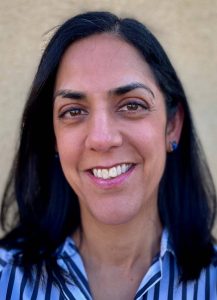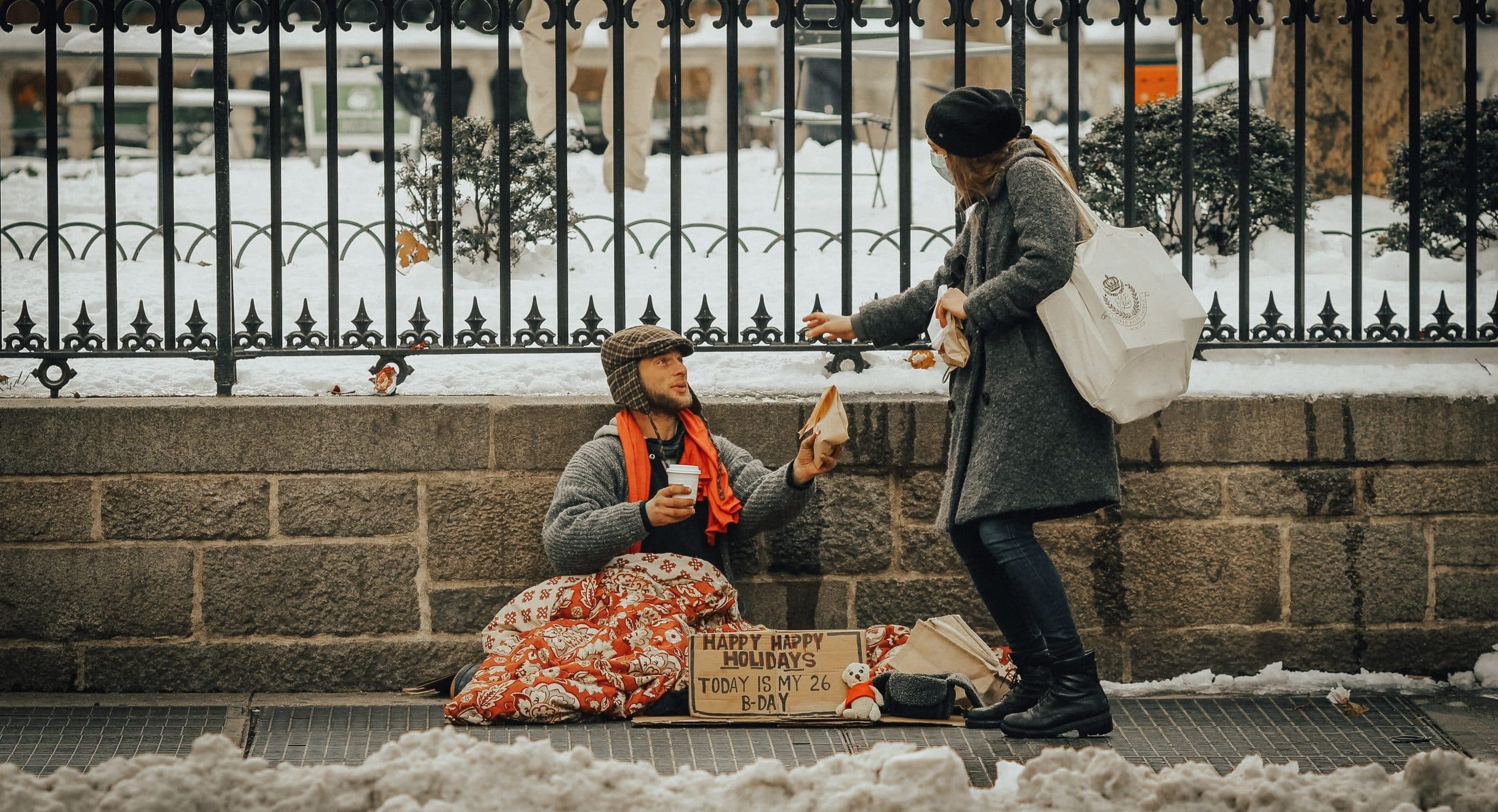
few months ago I wrote on BJGP Life about suggested plans for GPs to assess and recommend financial support to their patients to help with the costs of living. I discussed our duty to our patients and our role as patient advocates, and the ‘deeply poisoned chalice’ of government shifting societal responsibilities to GPs. What if GPs were asked to prescribe warmer homes? In a recent partnership between Energy Systems Catapult and NHS Gloucestershire, GPs did just that, giving a ‘warmer home prescription’ to 28 patients with respiratory health conditions. The intervention involved getting a local energy charity to visit each home to optimise heating systems and settings, insulate houses and in some cases, directly pay for fuel.1 The Warm Home Prescription project organisers describe how the trial ‘achieved such good results’ that it is now being expanded within Gloucestershire. This project follows on from previous fuel poverty projects run in Wiltshire, Wigan, Kent, Reading and Stockport, where health care professionals referred onwards to services that offered advice and provided direct payments for energy.2 Some GPs view projects like these as problematic because they medicalise poverty, and because they shift responsibility for societal issues from government to primary care.
The medicalisation of poverty
Why have poverty and fuel poverty become medicalised? We know that social determinants of health shape and drive health outcomes. As poverty and fuel poverty are redefined as social determinants of health, they are increasingly positioned within a biopsychosocial model of medicine and health.
Is poverty an illness? We can code it as one. Poverty is defined as a disease under the International Classification of Diseases; we can diagnose low income and extreme poverty (ICD-10 codes Z59.6 and Z59.5), and inadequate housing and lack of heating (ICD-10 code Z59.1).3 Poverty is further medicalised when treatments or interventions, for instance, warm home prescriptions, are offered by medical professionals.4 Take another example: social isolation is recognised as a social determinant of health, it can be identified (and coded under ICD-10 code Z60.2 – problems related to living alone) and we offer social prescribing through link workers to connect patients to their communities. Through this process, loneliness has been medicalised.
Is medicalising an issue problematic if it brings some improvement to people through better targeting of interventions? I doubt there are many GPs who don’t want their vulnerable patients to live in warmer houses over the winter. And with increasing numbers of households facing fuel poverty, clinicians are well placed to identify people at risk of living in cold or hard to heat homes. Gopal et al have written in the BJGP about the case for and against screening and referring to services to tackle poverty, but acknowledge that some GPs will resist a framework of medicalising poverty without first challenging the root causes of social issues.5 Should these social determinants of health be demedicalised? Pathways to demedicalising might, for instance, involve declassification of them as diseases and moving interventions to ‘treat’ these outside the NHS.
Whose responsibility?
Moving towards a framework of demedicalising poverty, however, is difficult given that government policy and funding structures mean that the NHS is increasingly taking on responsibility for the social needs of the population. At a macro level, Integrated Care Systems (ICS) are meant to tackle healthcare inequalities and the wider determinants of health through joining up local services. Time will tell if this approach works. Not every ICS is equal in terms of how it is structured, or the population it services, and it’s unclear if each ICS will effectively improve local outcomes. At a micro level, social prescribers are already embedded into our practice and primary care networks. Fiaz Hussain and Feryad Hussain recently summarised the definitions and evidence-base for effectiveness for social prescribing initiatives here in BJGP Life. A systematic review of social prescribing link workers found no consistent evidence for effectiveness of social prescribing for outcomes including quality of life, mental health, social support, physical function or health care use.6 Research around social prescribing, however, is challenging to evaluate due to a large variation in interventions and outcomes and a relative lack of RCTs and cost-effectiveness data.
So there are potential solutions to tackle the social determinants of health, but we don’t know really how effective they are, or whether the NHS can meet an increasing demand. The cost of living crisis means that more people are struggling to afford food and fuel. The social care system is in crisis with serial underfunding and severe staffing shortages in an aging society. The welfare system does not work for many of those who need it during a time of crisis. And add all this to an overburdened, overworked primary care system that is increasingly expected to take on management of social issues.
So while the social determinants of health are increasingly medicalised, wider societal and structural problems are quickly outstripping the intended solutions. We are living and working in a sticking plaster society. We’ve got big problems, and interventions such as warm home prescriptions just mitigate harm, rather than solve problems at their roots. As health care professionals, we need to think carefully about the wider actions we can take to influence the social determinants of health and health inequity, and avoid colluding in a sticking plaster culture of care.7
References
1. Could keeping people warm and well at home reduce their need for health services?: Pilot findings 2021-22. Catapult Energy Systems; 2022.
2. Eadson WG, T.; Povey, L. Evaluation of Royal College of GPs: Fuel Poverty Pilot. Centre for Regional Economic and Social Research; 2017.
3. ICD-10: international statistical classification of diseases and related health problems. World Health Organisation; 2004.
4. Jones DD. Medicalization of poverty: a call to action for America’s healthcare workforce. Fam Med Community Health. 2022;10(3).
5. Gopal DP, Beardon S, Caraher M, Woodhead C, Taylor SJ. Should we screen for poverty in primary care? Br J Gen Pract. 2021;71(711):468-9.
6. Kiely B, Croke A, O’Shea M, Boland F, O’Shea E, Connolly D, et al. Effect of social prescribing link workers on health outcomes and costs for adults in primary care and community settings: a systematic review. BMJ Open. 2022;12(10):e062951.
7. Allen MA, J.; Hogarth, S.; Marmot, M. Working for health equity: the role of health professionals. UCL Institute of Health Equity; 2013.








